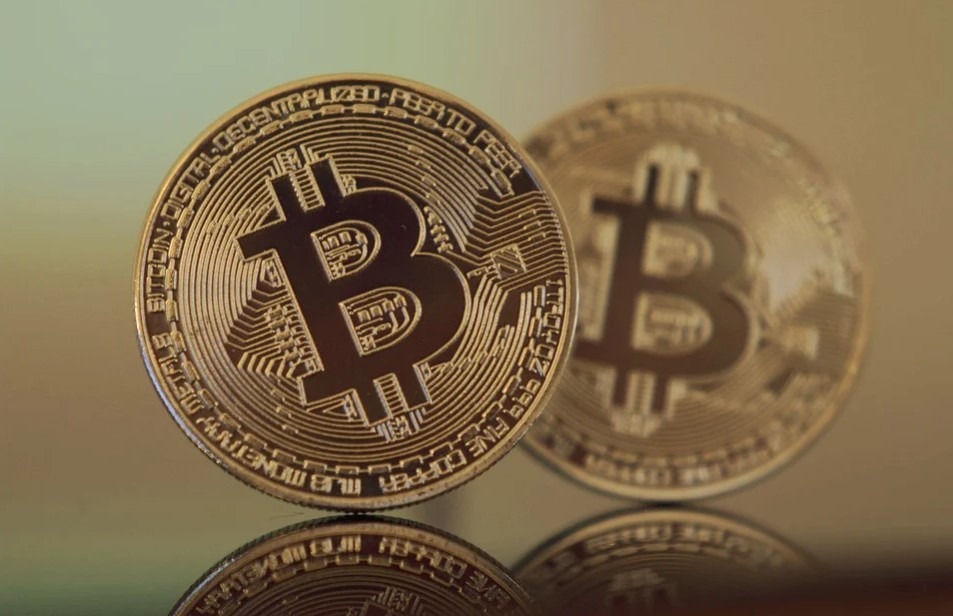The word Bitcoin and Scam are often used synonymously by intellectuals. Indeed, there are a ton of incidents out there that make people think thrice before investing in Bitcoins.
As you are reading this type of article, there are high chances that too have faced your fair share of Bitcoin scams and online frauds. While my heart truly goes out to you for the losses you might have incurred at the same time, it is up to you to take precautions while trading in Bitcoins.
In this article, I am going to inform you about some of the top Bitcoin scams that you should steer clear of. Keep reading to get more details
When Bitcoins first came under the spotlight, their value was only a mere $0.0008, and now as I am writing this blog, the value has reached nearly $32,000.
Why are People Interested in Bitcoins?
The prime reason is since the US dollar is weakening, people are turning towards investing and trading in Bitcoins. These days the mainstream media has also started covering news on Bitcoins. Bitcoin, which was once considered the talk to the town, has become the centre of attention.
Since more people are taking an interest in Bitcoins, it has also become a playing field for hackers and scammers. Furthermore, the number of scams is increasing every day, from theft to ICO scandals, a newbie can easily fall prey to such malicious activities.
Top 5 Bitcoin Scams
The world of crypto is certainly like the Wild West, but you can shine and stand out of the crowd if you are aware of these scams.
1. Scam at Bitcoin exchanges
This is probably the most common type of Bitcoin scams. Many organizations pose as fake exchanges. Before selecting an exchange of your choice, make sure you do your prior research about the exchange.
It would be really better if you check the reviews before choosing. If you see the reviews are mostly negative, it’s better to opt for some other exchange. If a crypto exchange offers schemes like discounts or cash backs, it too is a red flag.
2. Wallet Theft
If the security of a virtual software wallet keeps you awake at night, opt for a physical hardware wallet. Physical wallets are like USB drives; you can store your data offline, it is indeed a good measure to protect Bitcoins from Bitcoin scams. When you use a physical wallet, you need to be physically present in order to initiate the transaction.
3. Traditional scams
Hackers have found one of the best ways to scam, it is by telephoning the user and posing as the IRS, and they say that they would free you from the big hands of the law in exchange for a certain sum of money.
This money is not in the form of fiat currencies but in the form of Bitcoins. You should ask for some proof that the person is really from the IRS or not.
4. Fake Mining Schemes
The only way to produce a Bitcoin is by mining. Recently I received a phone call from a person; the person on the phone claimed that he would mine Bitcoin on my behalf on cloud storage and would charge a very nominal fee.
In order to mine Bitcoins, you need to have a very powerful computer. A lot of computational resources are taken into account while mining a Bitcoin. So a person offering cloud mining schemes is clearly lying.
5. Malware Attacks
These kinds of attacks are mainly done by hackers. It is one of the oldest methods employed by hackers to steal data. If you are using a virtual wallet, then the chances of malware attacks increase since a virtual wallet always stays connected to the Internet.
Conclusion
There you go, above were the scams you need to avoid. Bitcoins are here to stay, and the prices of Bitcoins are only going to go up from here, given the market conditions.

